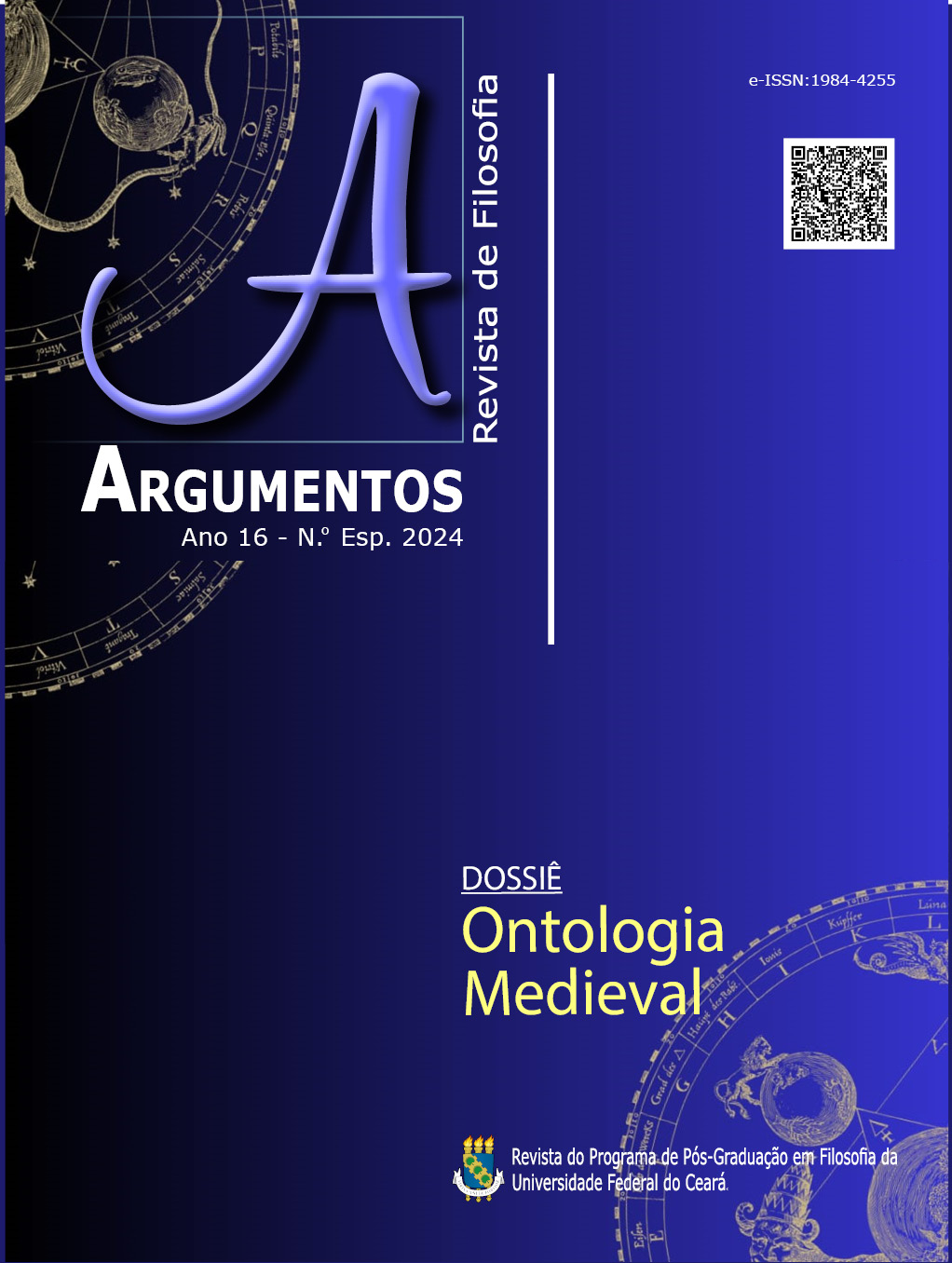Tocqueville and the dynamics of progress and crisis in democracy
Keywords:
Tocqueville. Democracy. Progress. Crisis.Abstract
This article investigates how the dynamics of progress and crisis in democracy appear essentially interconnected for Tocqueville in this French thinker's analyses. Tocqueville reflects how democracy altered the habits and customs of subjects in modernity. Democracy provided a previously non-existent social mobility, improving the lives of individuals considering the spirit of equality. However, Tocqueville emphasizes social, economic and political improvement limits in capitalism, in which subjects begin to develop a feeling of melancholy and frustration, in addition to a growing individualism, which can erode the bonds of solidarity fundamental to democracy. Above all, there is the risk of the existence of despotic forms within democratic institutions, in addition to the incorporation of the inequalities of ancient times into democracy itself. In this sense, Tocqueville demonstrated how the dynamics of progress and crisis coexist in democracy, analyzing political, social and economic phenomena, which point both to progress and, at the same time, to a crisis inherent to such progress, with the possibility of the degeneration of both democracy and its spirit of equality. This approach is scarcely debated in Tocqueville studies, although it is crucial for political philosophy.
References
ARENDT, H. Sobre a Revolução. São Paulo: Companhia das Letras, 2011.
FURET, F. Marx e a Revolução Francesa. Rio de Janeiro: Jorge Zahar Editor, 1989.
FURET, F. Prefácio. O sistema conceptual da Democracia na América. In: TOCQUEVILLE, A. A democracia na América (livro I): leis e costumes: de certas leis e certos costumes políticos que foram naturalmente sugeridos aos americanos por seu estado social democrático. 3. ed. São Paulo: Martins Fontes, 2014. p. 11-49.
JASMIN, M. Prefácio: Tocqueville e a nova pobreza do capitalismo industrial. In: REIS, H (Org.). Democracia e miséria. São Paulo: Discurso editorial, 2020, p. 9-13.
LÖWITH, K. De Hegel a Nietzsche: a ruptura revolucionária no pensamento do século XIX: Marx e Kierkegaard. São Paulo: Unesp, 2014.
MARX, K. Sobre a Questão Judaica. São Paulo: Boitempo, 2010.
OLIVEIRA, J. O Republicanismo de Tocqueville como crítica ao despotismo nas eras democráticas. Pensando – Revista de Filosofia, Teresina, v. 10, n. 21, 2019, p. 123-131.
OLIVEIRA, J; CARVALHO, M. Secularismo, religião e o problema da emancipação humana em Marx. Veritas, Porto Alegre, v. 66, n. 1, 2021, p. 1-13.
RANCÌERE, J. O ódio à democracia. São Paulo: Boitempo, 2014.
TAYLOR, C. A ética da autenticidade. São Paulo: Realizações Editora, 2011.
TAYLOR, C. As Fontes do Self: a constituição da identidade moderna. 4. ed. São Paulo: Edições Loyola, 2013.
TOCQUEVILLE, A. A democracia na América (livro I): leis e costumes: de certas leis e certos costumes políticos que foram naturalmente sugeridos aos americanos por seu estado social democrático. 3. ed. São Paulo: Martins Fontes, 2014a.
TOCQUEVILLE, A. A democracia na América (livro II): sentimentos e opiniões de uma profusão de sentimentos e opiniões que o estado social democrático fez nascer entre os americanos. 2. ed. São Paulo: Martins Fontes, 2014b.
TOCQUEVILLE, A. Ensaio sobre o pauperismo. In: REIS, H (Org.). Democracia e miséria. São Paulo: Discurso editorial, 2020a, p. 159-186.
TOCQUEVILLE, A. O antigo regime e a revolução. São Paulo: Edipro, 2017.
TOCQUEVILLE, A. Segundo ensaio sobre o pauperismo. In: REIS, H. (Org.). Democracia e miséria. São Paulo: Discurso editorial, 2020b. p. 187-204.
VAZ, L. Antropologia filosófica. 8. ed. São Paulo: Loyola, 2006. v. 1.
VAZ, L. Raízes da modernidade: escritos de filosofia VII. 2. ed. São Paulo: Loyola, 2012.
Downloads
Published
Issue
Section
License
Copyright (c) 2024 Juliano Cordeiro da Costa Oliveira

This work is licensed under a Creative Commons Attribution 4.0 International License.
Argumentos magazine is licensed under an International Creative Commons Attribution License.
The Magazine uses CC BY inclusion
1) The authors retain the copyright granted to the magazine or the right to initial publication, with the work regularly licensed under the Creative Commons Attribution, which allows the sharing of the work with acknowledgment of authorship and initial publication in this magazine.
2) The authors are authorized to contract additional applicable contracts, for non-exclusive distribution of the version of the work published in this journal (for example, publication in the institutional repository or as a chapter of the book), recognition of authorship and initial publication in this journal.
3) Authors are authorized and encourage to publish and distribute their work online (for example, in institutional repositories or on their personal pages) at any time before or during the editorial process, as they can generate productive changes, as well as increase the impact and reference of published work.




.jpg)










._._3.png)
1.jpg)
._._._.png)
